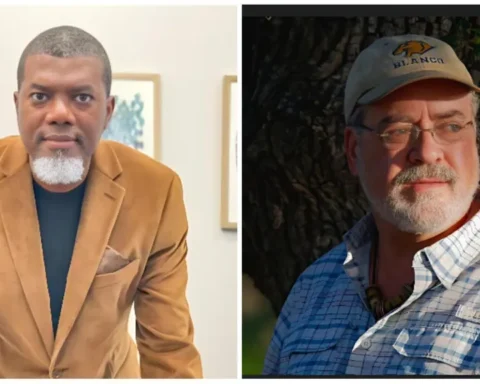Why History Must Be Taught — And Remembered.
They say those who forget history are doomed to repeat it. But in Nigeria, we’re not just forgetting — we’re sleepwalking into a repetition.
Here’s a story you won’t find in your average schoolbook — but it should be there.
In 1804, King Yunfa of Gobir (present-day Sokoto) welcomed a wandering Fulani Islamic scholar and his followers. His name? Usman Dan Fodio. That single act of hospitality would change the face of Northern Nigeria forever.
What started as a peaceful coexistence ended in bloodshed, war, and the fall of the Hausa kingdoms. By 1808, King Yunfa was dead, and Dan Fodio had established the Sokoto Caliphate, installing himself as Sultan. Fulani emirs rapidly replaced the indigenous Hausa rulers — a sweeping conquest disguised as religious reform.
The Fulani didn’t stop there. The once-mighty Afonja of Ilorin, a Yoruba warlord, allied with a Fulani warrior, Janta Alimi. The result? Afonja was murdered by Fulani forces in 1824, and Ilorin — once a proud Yoruba town — became an emirate under Sokoto rule. It remains so till today. Every attempt to restore a Yoruba king in Ilorin has failed.
Yet not all bowed.
In 1840, the Yoruba forces halted the Fulani jihad in a decisive battle in Osogbo, preventing what could have become a Fulani conquest of Oyo, Ibadan, Owo, Ado, and even Ekiti.
The Benin Kingdom also stood strong. Had they not fought back, Edo and Delta might have fallen too — like parts of Edo North, which were overrun and islamized.
But here’s the chilling part…
Today, we see echoes of that same strategy playing out — only this time, the battleground is disguised as “grazing reserves.”
It starts with a simple request: “We need land to graze.” But those “grazing areas” evolve into settlements, then communities, and soon, political strongholds with elected officials.
Still think it’s a conspiracy theory?
Look at Jos, once a peaceful Middle Belt city. What happened there is no longer news — it’s a warning.
And if we continue to look away, tomorrow might bring emirs not just in Sokoto or Ilorin, but in Enugu, Owerri, Benin, Agatu, Abeokuta, and beyond.
This is not just history — it’s a pattern.
Usman Dan Fodio was once just a guest. So was Janta Alimi.
Today, the Fulani herdsman is not just a cattle rearer. He’s a pawn — perhaps even a foot soldier — in a much older, more organized plan.
Someone once said, “The grazing bill is not a solution; it’s a strategy.”
Create a crisis. Propose a “solution.” Then legalize your real agenda.
It’s the oldest political trick in the book — and it’s playing out before our very eyes.
Follow us on all social media platforms @dailyquery for news and analyses around the globe.



























